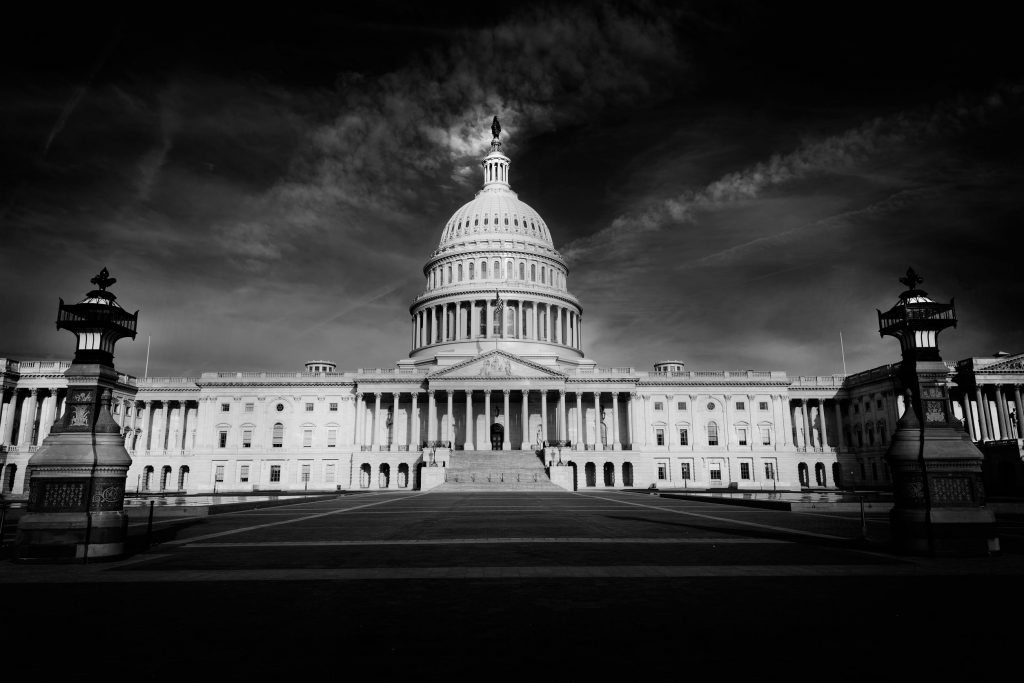
Following the inauguration of Donald Trump, House Republicans introduced several bills that amount to one of the greatest affronts to tort and class action law since 2005. But what exactly does the GOP intend to do with these bills?
While “The Fairness in Class Action Litigation Act of 2017” (HR 985) touches on nearly all aspects of class action cases, the other measures, if passed into law, would present very specific obstacles to tort-related litigation. One bill aims to give defendants the ability to keep cases out of plaintiff-friendly state courts, and another, known as the “sue-and-settle” bill, seeks to place limitations on settlements entered into by the Department of Justice and other government agencies.
Additionally, there’s a bill (recently merged with HR 985) that, if signed into law, would require more disclosures by asbestos victims seeking compensation from bankruptcy trusts. Other bills aim to prevent the Department of Justice from allotting funds to groups other than the US government and propose sanctioning lawyers who file “meritless” cases in federal courts.
In the words of Joanna Doroshow, the founder of the consumer rights group Center for Justice & Democracy, these measures aim to “rig the courts against everyday Americans [and] strip away legal rights guaranteed by state and local governments.” In short, they intend to give even more power to “a handful of gigantic industries that are sued because they cause the public a great deal of harm,” to quote Doroshow once again.
Notes on Legislative Strategy
Though these bills will likely pass through the House with relative speed, Democrats in the Senate could use their numbers to push the vote on tort reform back to 2018, an election year. In this case, the GOP would have an easier time dividing Democrats, as some of them will be up for re-election in red states. Republicans will need to bring some Senators across party lines to reach the 60-vote threshold required for cloture.
To counter this potential move, Democrats could apply pressure to GOP Senators campaigning in blue states where people would likely oppose measures supporting big business. According to consumer advocate Pamela Gilbert, “The American public supports the civil justice system and the Seventh Amendment right to a jury trial by big margins. The proponents of the legislation take big risks if the public finds out what they are doing.” Democrats would most likely seize on this fact if the bills are still on the floor come election year.
Hidden Motives?
It’s important to note that these bills aim to take power away from state law, in favor of the federal government, because businesses have an easier time arguing cases outside of state and local courts. However, the issue of states’ rights is one of the major pillars of the GOP, which begs the question: why would a Republican pursue this sort of bill?
The answer lies outside the chamber doors of Capitol Hill and in the offices of insurance companies, large businesses and doctors who fill the coffers of Republicans in the House and Senate. By successfully passing these reforms, the GOP not only increases the flow of money toward their funders, but also reduces the amount of money going toward plaintiff attorneys who typically support Democratic candidates.
Despite all this, Americans still have hope. As Doroshow said of a class-action bill from 2016, “Not a single Democrat voted for that bill and over a dozen Republicans opposed it. The same is basically true for the other bills in the House last year.”















